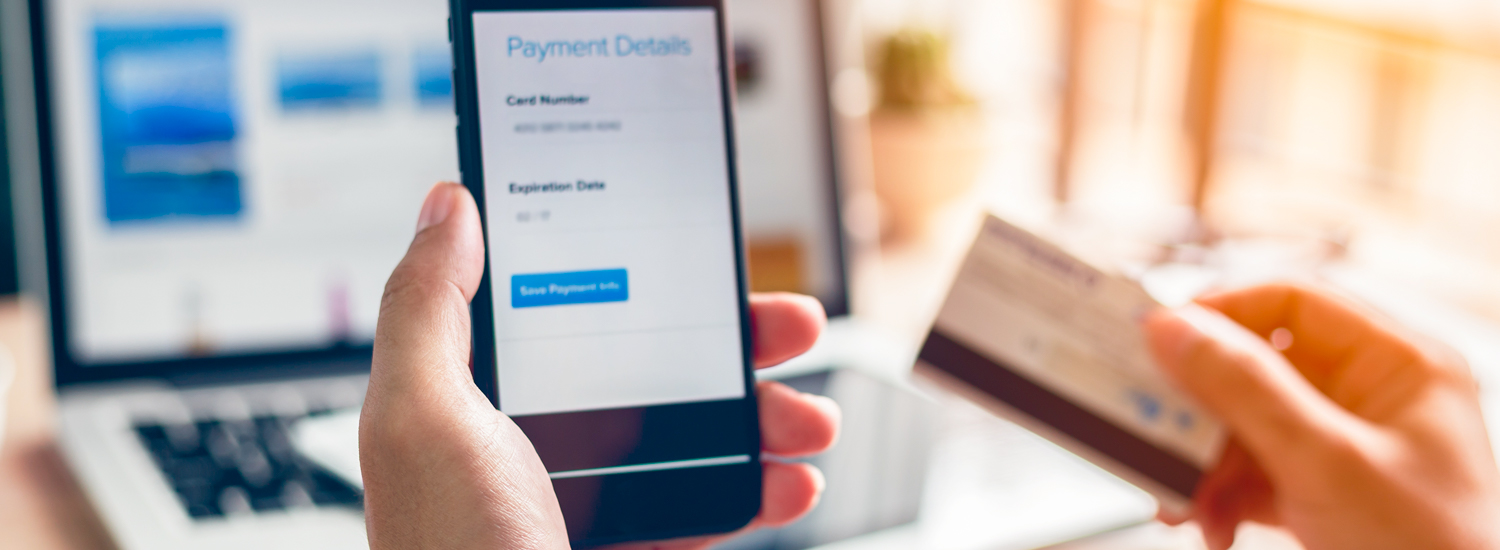In a world where digitization is playing an increasingly important role, and thus our lives are becoming even more “cyber”, the risk that we will fall victim to cyber criminals is increasing. This is why it is so important to follow good practices to minimize the threat and reduce the possibility of our identity being stolen. What should we do?
Keep track of the typical activities
One way is to keep track of the typical activities of fraudsters. We need to keep in mind that identity theft comes in various forms. Perpetrators can, among other things, send phishing messages, hack into social media accounts or hack our devices and compromise our data security.
For this reason, it is worth exploring the methods used by cybercriminals to be aware of how they can approach us. Knowing the threat and its mechanism in many cases allows us to avoid risks.
For example, if we receive a purported text message with a reminder to pay for electricity from a supplier, we should not act on emotion. It is worth verifying the message received at the source – preferably directly contacting the company whose services we use.
By pointing to such big amounts of scammers that want to influence our perception. These small things we can do may turn out to be more valuable than we think.
Alerts
It’s a good idea to activate alerts about fraud or account violations. Most financial institutions offer this option/service. It involves, for example, sending notifications about suspicious transactions – these can be messages to your phone or email inbox.
The bank can also respond in the form of freezing our account until the matter is cleared up. If we authorize the transaction, there will be no problem. But if it turns out that someone has actually tampered with our savings, they will be protected.
Accounts, devices security
Strong passwords are a must. We hear about them from everywhere. And that’s a good thing, because they are the foundation of online security. But let’s remember that it’s not just about passwords for social media accounts, email inboxes and other services/portals. It’s equally important to properly protect the devices we use.
Our smartphones, tablets, computers, etc. are a valuable source for criminals. It is on them that we usually save information that is important to us. We often connect them into a wider network, and use automatic logins to, for example, Facebook or Twitter. Why open doors for crooks when they can be closed?
Mixing passwords
Let’s stay on the subject of passwords for a while. Let’s have different and equally strong ones for each account. Why? The answer is simple.
If cybercriminals crack the password for one profile, the others will be protected. When we apply the same one everywhere, a breach of one means that the others should also be considered “lost.”

Many are thinking:
I have so many accounts and each has to have a separate, strong password? After all, I will not embrace it. I’ll make one common, well, maybe two or three, and that’s it.
That is a wrong thinking!
Easy solution to a problem is a password manager. It’s a convenient tool that makes it easy to control passwords, encrypting them and storing them securely.
Document protection
Documents should be the apple of our eye. Let’s protect not only the digital ones, but also the paper ones. Let’s not keep them in plain sight. Let’s find a safe place that will give us a greater guarantee that no unwanted person will have access to them.
If we have a lot of unnecessary papers (invoices, bank statements, mail) that contain data about us or our bank accounts – shred them. This will highly reduce the risk of them falling into the wrong hands.
Many may not be aware of this, but there are people who are in the business of looking through trash and searching for such treasures.
Online browsing caution
Also remember that what goes online does not disappear so easily. For this reason, don’t share everything on social media. Platforms like Facebook are a useful tool for contacting loved ones, but they are also used by criminals. It’s a mine of useful information for them, and often we don’t realize it.
Well, then, what not to share? Let’s keep to ourselves, for example, the names of our children, family members – all because they often form the basis of our passwords.
Let’s also not publish content that includes our home address, date of birth, etc., as this is information that can be used to create a false identity.
A useful solution is to reduce the visibility of our profile to strangers. Not everything we upload has to be public, right? Apply this option – set your account as private. Why should a stranger know what’s going on with you. This will reduce the risk.
Additionally
And of course, let’s use antivirus software, as well as VPNs that hides our IP address and other data. Not only to avoid identity theft, but also other threats lurking online.

